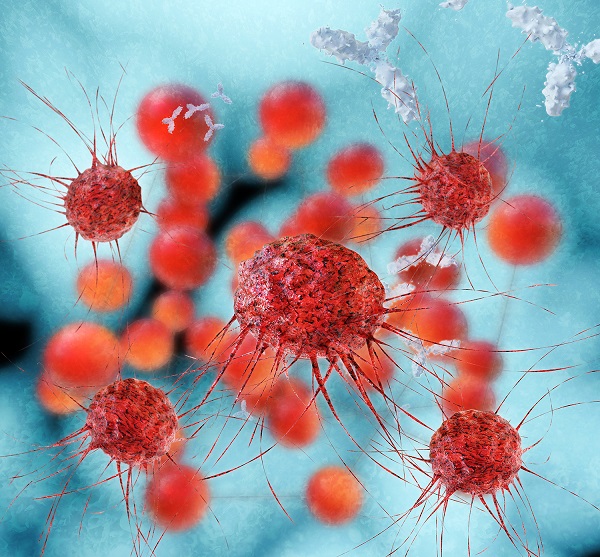Doctors and patient groups struggle with CAR-T 'hype'

Managing patients’ expectations of CAR-T therapies is proving to be a huge challenge from when selection decisions are made, through the treatment process and when they are recovering at home, a conference heard.
Speakers at Kisaco Research’s CAR-T Congress EU in London said that there is an increasing awareness about the therapies in patients with blood cancer.
Indeed they have even become “hyped” and patient organisations and doctors are faced with challenging conversations with people with blood cancer, as CAR-T therapies are still only approved for a few very sick patients as a treatment of last resort.
In a question and answer session Kip Cross, director of customer engagement at Kite Pharma cited the case of one US blood cancer patient group, where around 25% of calls to a patient helpline are about CAR-T, even though only around 5% of the patients covered by the group are eligible.
Cross said that in hindsight Kite, now part of Gilead, would have handled interactions with patient groups differently, and had a lead-in time of at least two years before launch, instead of around a year.
He added that pharma should take a different approach in terms of raising awareness about CAR-T products, because of their complexity and unique challenges.
Pharma must “move away from the PR side” of engagement and start thinking about “education”, he said.
Is it working?
Meanwhile Alasdair Rankin, director of research and patient experience at the charity Bloodwise, gave a talk based on patient research conducted by the CAR-T firm Autolus.
The company is trialling a CAR-T therapy and gauged patients’ experience before, during, and after treatment, and found challenges at every step.
Rankin said that in many cases patients were not aware that they may not qualify for treatment – and understandably became angry when tests to double-check their eligibility came back negative.
Some thought these were just “baseline tests” and thought that inclusion on the trial was a “done deal”, he said.
Patients on the trial were also well aware of the fearsome side effects associated with CAR-T therapy – and were even using them to gauge whether the treatment was working.
Rankin said: “People very desperately wanted to feel that some something was happening. People wanted to see some level of adverse events because it was an indication that something was going on.
“If they did not have that they would be worried it was not working.”
Members of the panel also noted the tremendous burden CAR-T therapy places on carers – Rankin compared the level of care at home needed with CAR-T to patients with conditions such as diabetes.
And Kite’s Kip Cross noted that a patient’s personal circumstances could inform clinical decisions on whether they receive the therapy or not, so important is the need for a carer and support network in case of adverse events.
“Without a caregiver you are very unlikely to get this treatment,” he said.












